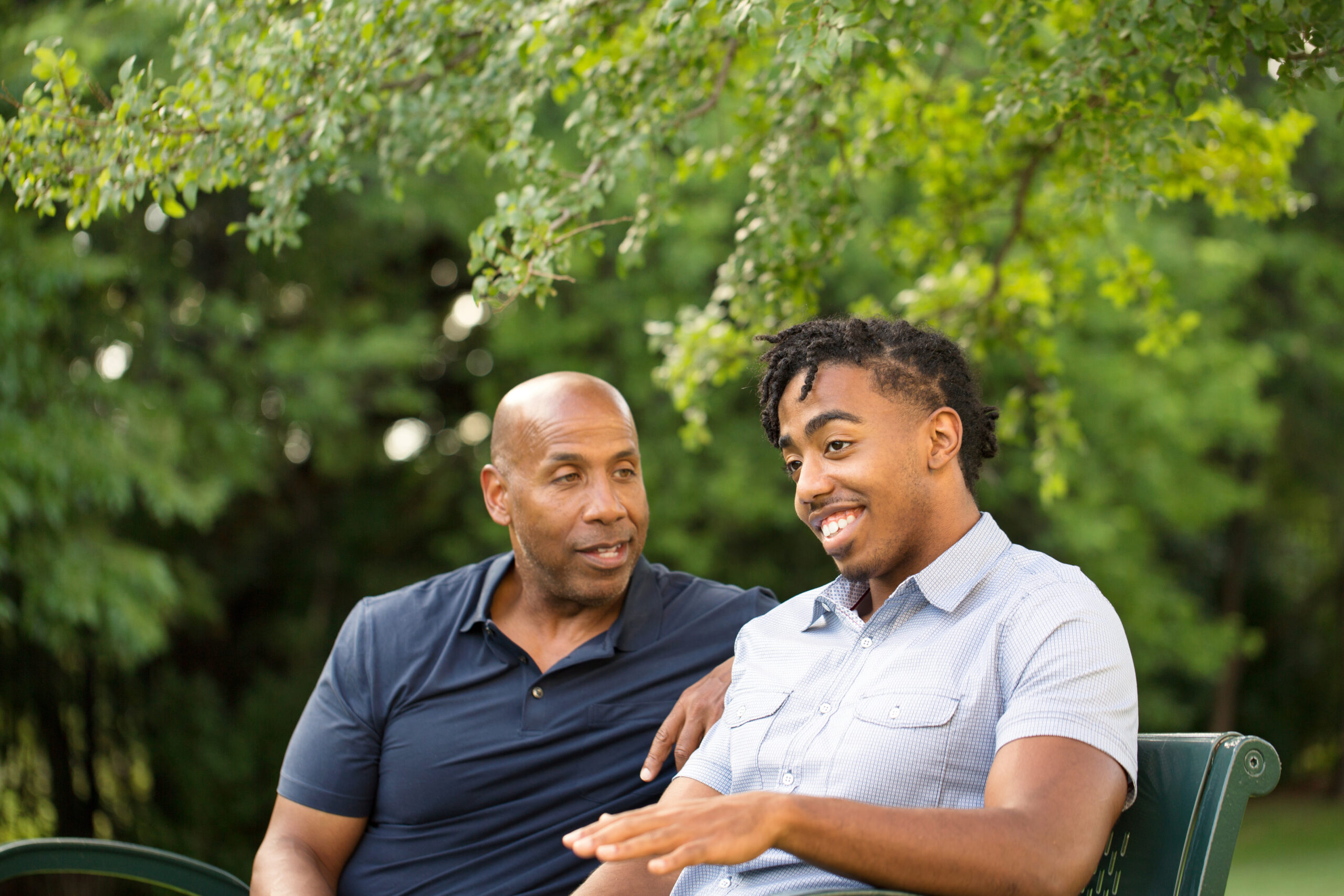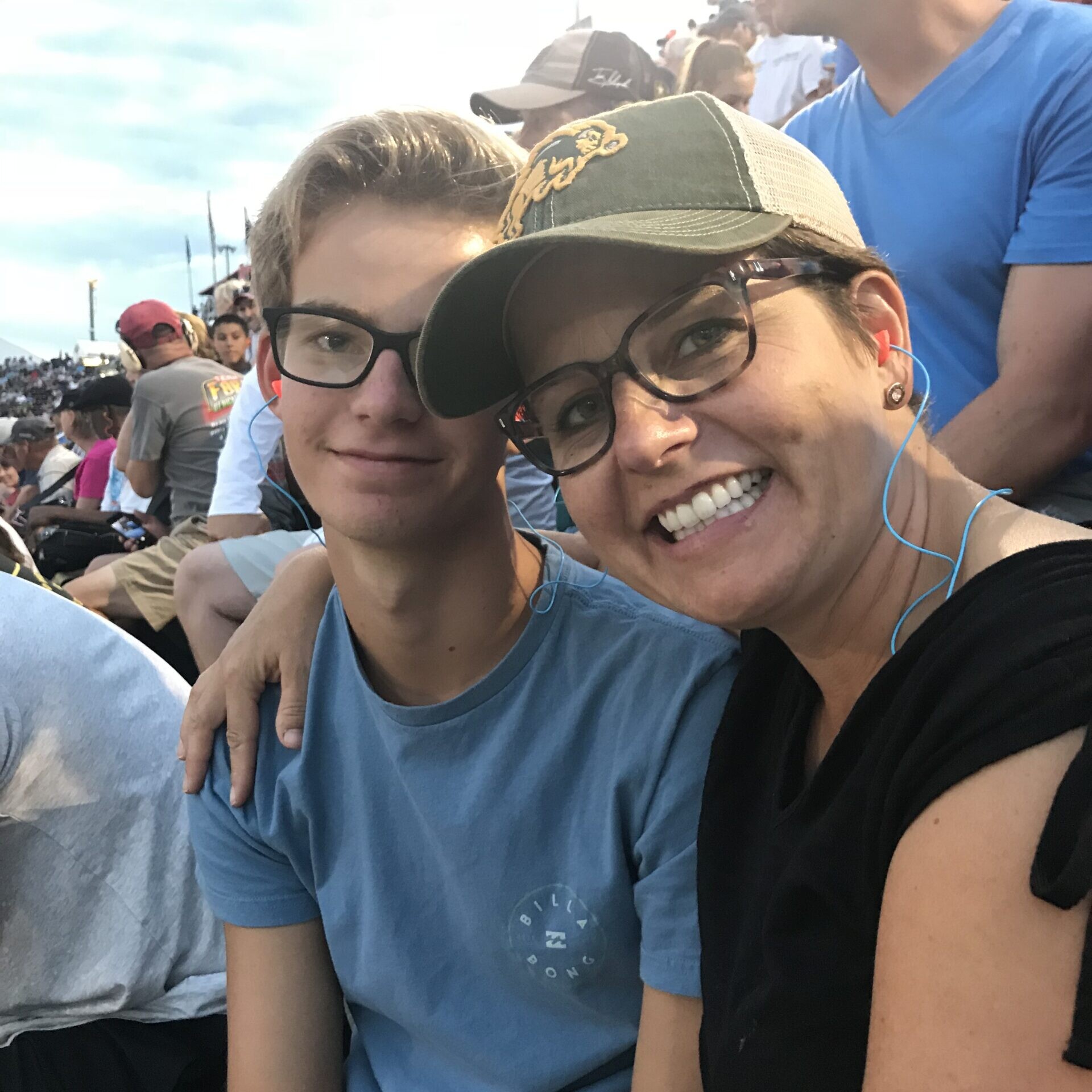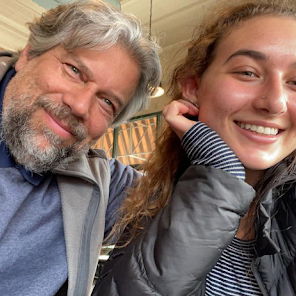As we all can assume, healthy relationships not only make us feel better, but studies show they also impact youth in many important ways.
Most mentoring programs improve the lives of children and youth by helping them establish a healthy relationship with a positive role model, often an experienced adult. According to one recent study, (Damm et al., 2022) the direct results of mentoring initiatives include improved social and academic achievement, a decrease in problematic behaviors, and improvements in psychological and physical wellbeing.
That same study found that long-term relationships, generally six months or longer, have more positive effects compared to shorter mentoring relationships.
What is the impact on Black/African Americans?
For the Black/African American community, which faces many challenges related to historical and current bias and structural racism, mentor-mentee relationships are critical. Another recent study examined this impact. Black youth were surveyed for the Mapping the Mentoring Gap study (YouthREX, 2022). Among those who were mentored growing up:
- 80% identified a positive increase in mental health (good or excellent).
- 66% indicated a somewhat or strong sense of belonging to the local community.
- 95% completed high school.
- 82% pursued further education or training after high school.
How do mentors support Black/African American teens?
Mentors play a key role in young people’s lives. The following are some areas they can support for Black/African American youth:
- Managing interpersonal relationships with friends, families, or parents/guardians.
- Building connections to services, support groups or resources, culture, and events.
- Acquiring essential skills related to academics, career development, and life.
- Navigation of the transition into adulthood by establishing independence, career aspirations, and schooling.

What prevents Black/African Americans from accessing mentors?
More than half (56%) of Black youth in the Mapping the Mentoring Gap study said there was a time growing up when they wished they had a mentor but did not have one. So what are the main barriers?
- Lack of knowing how to find or identify a mentor.
- Lack of knowing what a mentor is.
- Lack of understanding the value of a mentor.
- Lack of parents interested in providing a mentor to their child.

How do we close the gap?
Raising awareness in schools and communities about mentoring opportunities and programs is the first critical point. Also, addressing the overall social and economic barriers in Black/African American communities can help remove barriers Black youth face when seeking access to mentorship opportunities.
It is important to foster youth engagement to help build the community. Of the Black youth surveyed, 75% indicated they are interested in becoming future mentors, and 47% have already mentored another young person.
Black youth who are mentored want to give back to their communities, and we can join them. Targeted investments from corporations, philanthropists and government agencies can help Colorado’s Black community excel and close the mentoring gap and other gaps affecting our health and wellbeing.
References
Damm, A., von Essen, E., Jensenm A., Kerrn-Jespersen, F., & van Mastrigt, S. (2022). Duration of mentoring relationship predicts child wellbeing: Evidence from a Danish community-based mentoring program. Int J Environ Res Public Health, 19(5). https://www.doi.org/10.3390/ijerph19052906
YouthREX. (2022). The mentoring effect for Black youth. Mentoring Canada. Retrieved on March 2, 2023 from https://youthrex.com/wp-content/uploads/2022/03/The-Mentoring-Effect-for-Black-Youth-2020.pdf
Dr. Shakari Lee
Colorado Black Health Collaborative's Executive Director, Dr. Shakari Lee began her collegiate studies in Indiana where she is an alumni of Ivy Tech Community College, Indiana University, and Indiana Wesleyan University. Shakari has obtained her masters degree in Human Resource Management and her doctorate degree in Business Administration with a focus in Healthcare Administration. Shakari has always had a passion for serving others with a commitment to making a difference in the communities of Colorado. Dr. Lee hopes to combine her educational background, personal experiences, and previous work in the non-profit industry to provide the underserved, marginalized, and minority communities with equitable outcomes through resources and tools to overcome social determinants of health.



